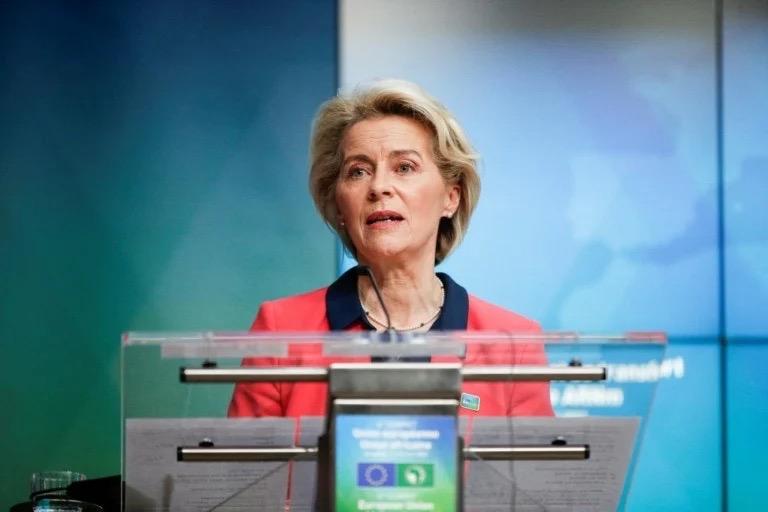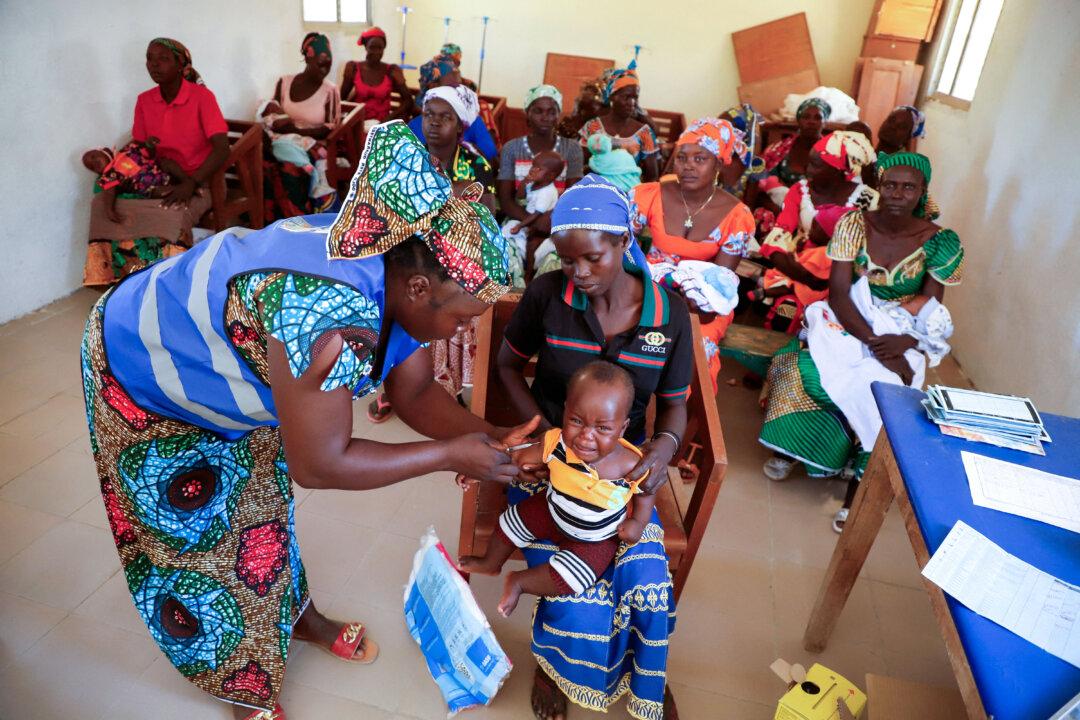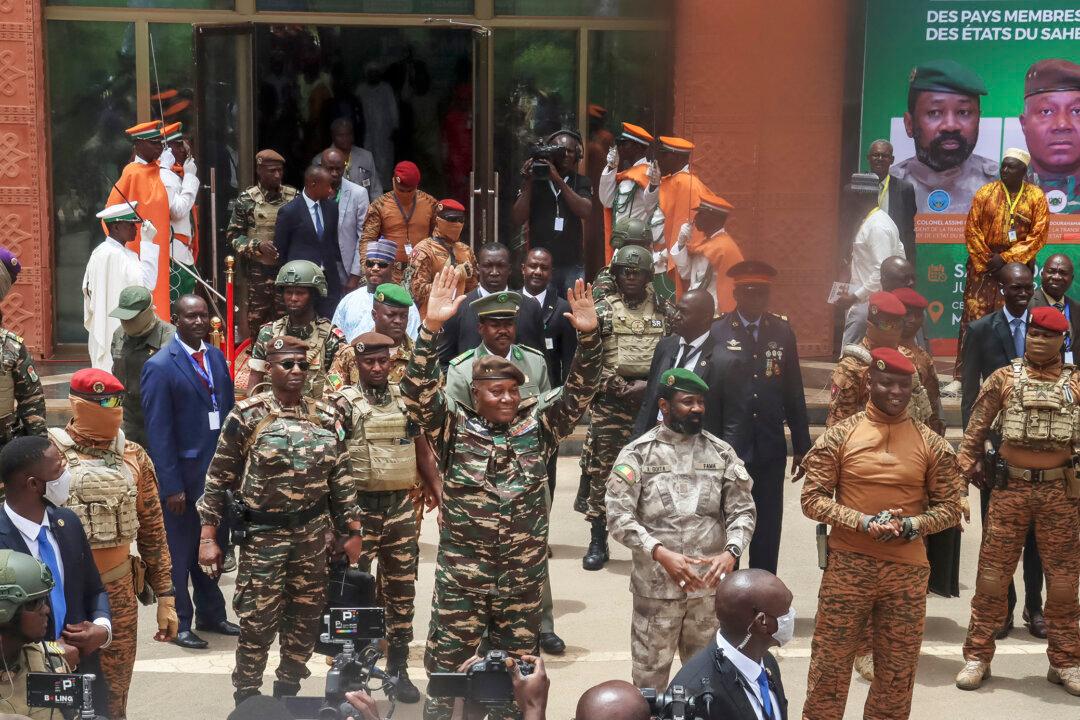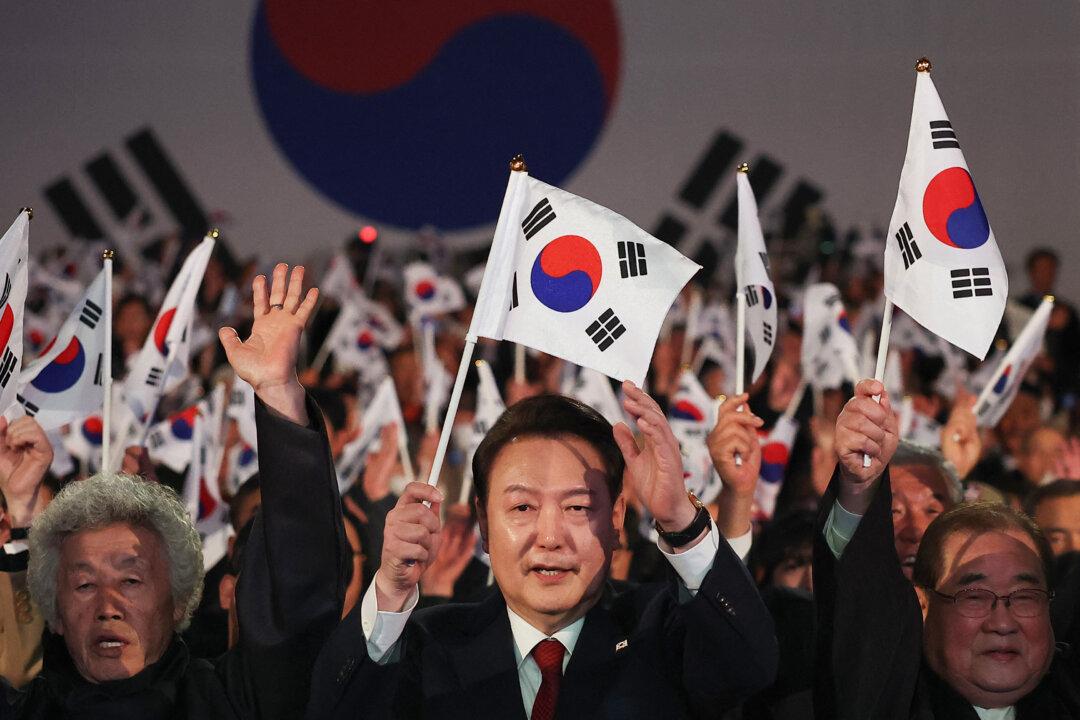While the scramble for colonies in Africa is over, the competition among the great powers to own Africa’s debt is rising to a new level.
At stake is whether China or the European Union (EU) will dominate the continent that’s home to seven of the world’s 20 fastest growing economies and rapidly urbanizing regions.





